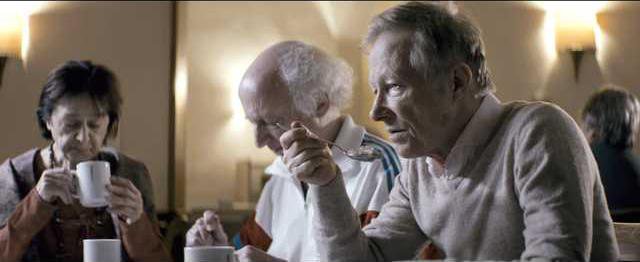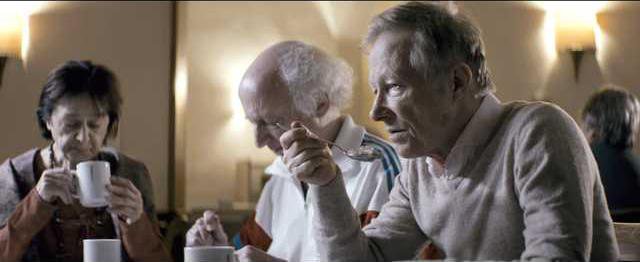THE TRACK A student in Germany made the news in a big way last week when an ad he made for a school project went viral with 3.4 millions views and counting.
While the ad itself is worth the attention it's getting, its the behind-the-scenes story that makes Eugen Merhers story a little more compelling.
A group of students at the Film Academy of Baden-Wrttemberg, who were led by Merhers script and direction, made the ad for a school project and sent it to Adidas on spec in March 2016, according to AdWeek.
What returned was a boilerplate response from Adidas, letting Merher know that they only use ads from their agencies. Merher was not sure if they even watched it, he told AdWeek.
Of course, if I were running Adidas, I wouldve sent the same response. However, missing a diamond in the slush pile is always accompanied with a twinge of regret if someone else finds it.
The important thing is that we, the general public, now get to see the ad, which Merher posted three weeks ago after a friend set it to new music.
The ad opens on an elderly man who we quickly learn is in a retirement home. He looks grumpy and bored and generally sad until he sees his old pair of Adidas shoes. It is then that he tries to Break Free, as the ad is titled.
With grit and a little help from his friends, the man keeps trying to rediscover the freedom of running in the 1.5-minute ad until he finds what he is looking for.
Its the details of the film that really make it special including the not-so-subtle nod to Nurse Ratched in One Flew Over the Cuckoos Nest that make the ad cinematic and incredibly touching.
Merher said the story was inspired by a recently deceased relative, who was an old man with a very young spirit.
To see more from Merher, visit his website.
While the ad itself is worth the attention it's getting, its the behind-the-scenes story that makes Eugen Merhers story a little more compelling.
A group of students at the Film Academy of Baden-Wrttemberg, who were led by Merhers script and direction, made the ad for a school project and sent it to Adidas on spec in March 2016, according to AdWeek.
What returned was a boilerplate response from Adidas, letting Merher know that they only use ads from their agencies. Merher was not sure if they even watched it, he told AdWeek.
Of course, if I were running Adidas, I wouldve sent the same response. However, missing a diamond in the slush pile is always accompanied with a twinge of regret if someone else finds it.
The important thing is that we, the general public, now get to see the ad, which Merher posted three weeks ago after a friend set it to new music.
The ad opens on an elderly man who we quickly learn is in a retirement home. He looks grumpy and bored and generally sad until he sees his old pair of Adidas shoes. It is then that he tries to Break Free, as the ad is titled.
With grit and a little help from his friends, the man keeps trying to rediscover the freedom of running in the 1.5-minute ad until he finds what he is looking for.
Its the details of the film that really make it special including the not-so-subtle nod to Nurse Ratched in One Flew Over the Cuckoos Nest that make the ad cinematic and incredibly touching.
Merher said the story was inspired by a recently deceased relative, who was an old man with a very young spirit.
To see more from Merher, visit his website.








